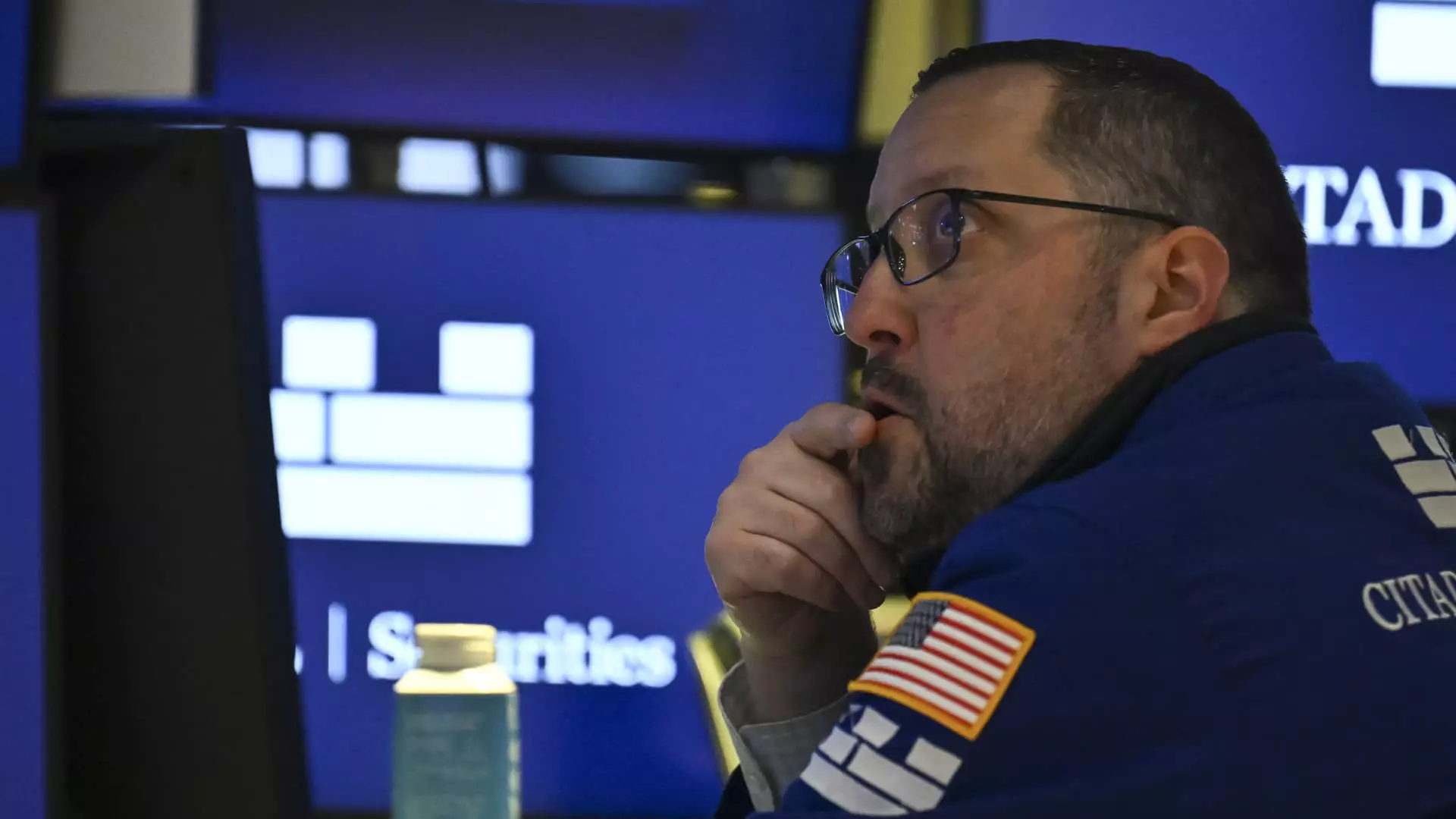February’s retail sales figures have painted a promising picture for the U.S. economy, defying predictions of a significant downturn. Amidst growing fears of a softening economy, consumers have demonstrated an uncanny ability to sustain spending levels, as highlighted by investor Brian Vendig of MJP Wealth Advisors. The crucial takeaway here isn’t merely about numbers; it is about consumer behavior signaling perseverance and optimism amid tough economic forecasts. This analysis helps us understand why certain stocks, like Delta Air Lines and Lululemon, could potentially bounce back from their recent lows.
The impressive retail sales data seems to suggest that consumers are still eager to spend, indicating that their financial footing may not be as shaky as it was previously thought. Although some may argue that this consumer spending might just be a bubble, it raises the question: could this be the turning point that revives the potential growth stories of several beleaguered companies? Companies like Delta and Lululemon might be the dark horses of 2023, particularly if they can leverage this unexpected consumer resilience.
Delta Air Lines: Counting on Valuation and Forecasts
Delta Air Lines has seen its share price plummet nearly 23% within the year, which has led market watchers to question the long-term sustainability of the airline industry. Vendig’s insights indicate an understanding of the gravity of the stock’s decline but also an appreciation for its underlying value based on forward price-to-earnings ratios. This situation is not just a desperate grasp at hope; it involves recognizing the fundamental strengths of Delta’s operational capacities and revenue forecasts.
Moreover, with a robust revenue guidance for 2025 in the pipeline, Delta presents an increasingly appealing investment opportunity, especially if it can capitalize on renewed consumer activity. The airline sector is notorious for its limitations, but the combination of strong retail sales and a potential decline in oil prices could give Delta the margin lift that it desperately needs. The narrative that consumers are looking for experiences and travel suggests that travel might rebound more robustly than anticipated.
Investors must keep a watchful eye on nuances in oil prices, as they can dramatically influence consumer behavior and airline margins alike. If Delta can improve its operational efficiency while navigating the flights of fluctuating oil prices, it could very well return to the forefront of the investment landscape.
Lululemon: Riding the Wave of Online Growth
Turning to Lululemon Athletica, the athleisure brand has recently experienced a momentary lift in its shares, marking a 5% uptick on the trading day. This modest bounce-back is still a far cry from the 30% decline it has suffered over the past year, but Vendig’s excitement for its stock suggests that a more substantial recovery may be just around the corner. The significant increase in online retail sales is an undeniable factor to consider. Lululemon’s agility in adapting to online channels appears to put it in a more favorable position relative to a more uncertainty-ridden era for retail.
Vendig’s observations about social media influence are especially pertinent. As younger consumers continue to define market trends through online platforms, the company’s well-timed pivot toward digital engagement can significantly enhance its market presence. The evolving consumer landscape means that brands which neglect online avenues face the risk of becoming obsolete. Hence, Lululemon’s strategy is commendable and indicative of its willingness to adapt to changing consumer preferences, which could yield fruitful dividends in the long term.
Accenture: A Cautious Outlook
In an interesting contrast, Vendig expressed caution regarding Accenture, pointing to its 13% dip over the last year and the broader macroeconomic uncertainties. While the consulting giant has long been a favored stock amongst investors banking on increased corporate IT budgets, the volatile economic climate is enough to give anyone pause.
Vendig’s prudent approach towards Accenture is not unfounded. The professional services sector has felt the tremors of a jittery market, and businesses are likely re-evaluating expenditure on IT services. As important policy decisions loom, companies may choose to adopt a wait-and-see stance before greenlighting extensive IT investments. In such a scenario, confidence in stocks reliant on corporate spending reflects a broader assumption of economic stability, which may no longer be justified.
While consumer resilience offers glimmers of hope for stocks like Delta and Lululemon, a cautious outlook for companies caught in macroeconomic turbulence like Accenture serves as a sobering reminder of the dynamic uncertainty that continues to shape investment strategies in 2023.


Leave a Reply